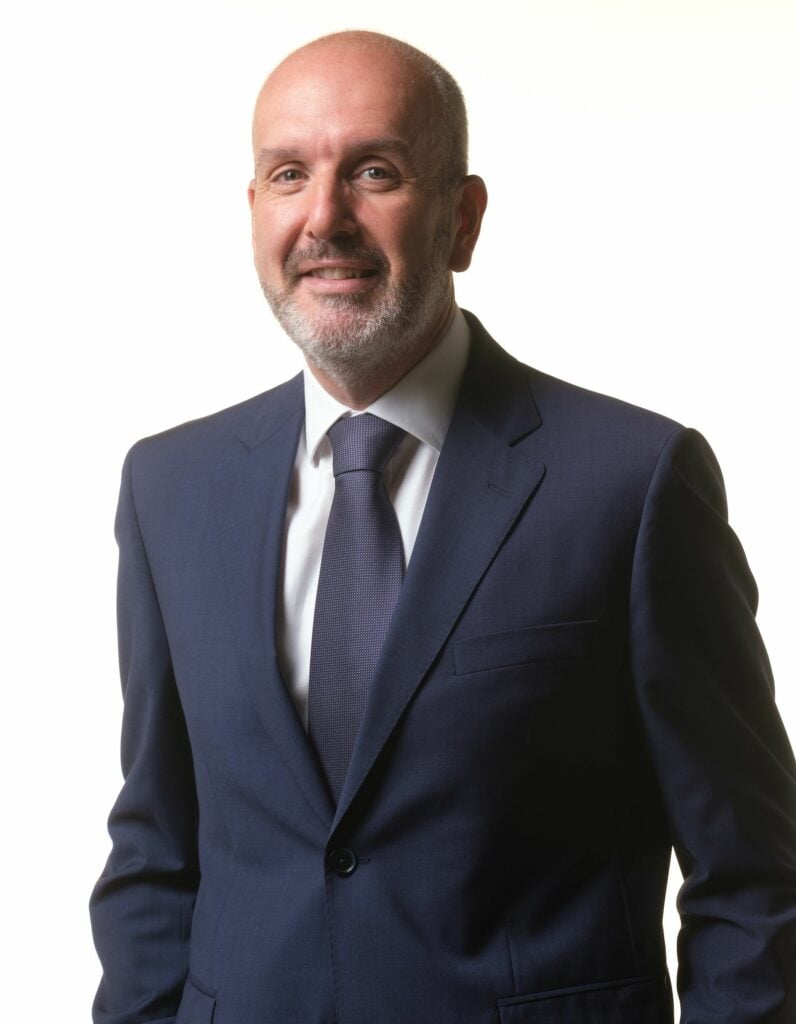
He is Municipal Deputy in the Municipal Assembly of Lisbon and a member of the board of GEBALIS, EM. Mario holds a Bachelor of Engineering and Project & Works Management. He is a member of the Order of Technical Engineers and has a post-graduate in marketing from INDEG-ISCTE. His career spans construction and technical management of public works projects as well as being founding partner of an engineering firm, an advisory role to Lisbon City Council and later for the deputy mayor’s office. A father of two, Mario has lived in Park of Nations since 2006.
1. Can you briefly tell us the history of Expo/ Parque das Nações (Park of Nations)?
Following winning the bid to organize the world exhibition of 1998(EXPO98), in 1993 work began on the extensive transformation of Park of Nations. Formerly large scale industrial and brownfield land, it has been incredible to watch it develop into the vibrant community you now see today
2. Can you tell us a bit about the area’s maritime connections and history?
Until the mid-20th century, intercontinental transport was primarily provided by seaplanes arriving at the Lisbon maritime airport, which was based on the Doca dos Olivais. It was the largest gateway for the migratory route of European citizens travelling to America, as portrayed in many films.
Today Park of Nations is home to one of the best aquariums in the world, the Lisbon Oceanarium. Currently, we are working with the Lisbon City Council to reactivate the “Porta do Mar” which in 2022 will be used again by tourist boats and sea taxis.
3. Do you see Park of Nations as a blueprint for other districts in Portugal and Europe?
I would say that it is already happening not only in Portuguese and European cities but globally. We are frequently visited by teams of urban planners, engineers, and architects who develop plans for cities that will receive world exhibitions or that are regenerating metropolitan areas. Last July we welcomed a Japanese delegation accompanied by the Minister of EXPO2025, to see in person the success of our urban city rehabilitation intervention. Similarly, we also recently received a delegation from South Korea for the same purpose. We are proud that Park of Nations is seen by the world as an example of success in urban rehabilitation and regeneration.
4. Art and culture play a big part Park of Nations, following the popularity of Muro21 what’s coming next?
The area has showcased a great range of artistic interventions of public art, for example, this year “MURO21” the largest urban art festival in Portugal was unveiled adding many works to our artistic heritage. If we are re-elected, we intend to launch an annual festival of urban culture, with various cultural activities including urban sports.
5. Following Portugal’s Olympics successes, how important is sport and recreation in Park of Nations?
Although my academic background is in engineering, I have worked for a few years in director functions in one of the largest Portuguese clubs. For me, sport is a fundamental social factor for the cohesion of a community, in the development of children, and the wellbeing of young people. In recent years we have invested in various sports equipment in the public realm, we have built a Pump Track, several Street Basket fields, we have renewed the offer of more aquatic activities in our swimming pool “Piscina do Oriente”. Underway currently is the construction of the new sports centre for the Park of Nations by architect Manuel Aires Mateus referencing the history of the area.
We will continue to invest in more equipment and we are negotiating with the City Council to provide the Nautical Center of Park of Nations located in the Doca dos Olivais to develop water sports in our community.
With this we want us to be able to create spaces to support and develop sports among young people, why not with ambitions to reach the Olympic Games?
6. What is Park of Nation’s appeal for families versus other areas of Lisbon?
The provisional results of census 2021, show we are the parish of Lisbon with the largest number of children and young people and also with the largest increase in new residents. In my opinion as a resident, it is the Park of Nations itself that embodies this attractiveness: the public space, the gardens, the proximity trade, the ease of mobility on foot or by bicycle, and we who live here make this special neighborhood.
7. What initiatives do you have underway to attract corporates, start-ups, and human capital to the district?
We are working to establish connections between the community and companies, with a programme called “Parque Emprego” that links the local business community with potential employees locally. To date, this has been a great success for both individuals and companies involved. This also translates to minimal commuting distances helping us deliver on our sustainability goals.
8. What are the aspirations for Park of Nations?
Under our municipal mandate four years, by 2025 we intend to complete the public equipment in progress: the health center, a new school, the sports hall, (I mentioned earlier), three new cultivated areas and the new library center; a contemporary multifunctional concept for the community.